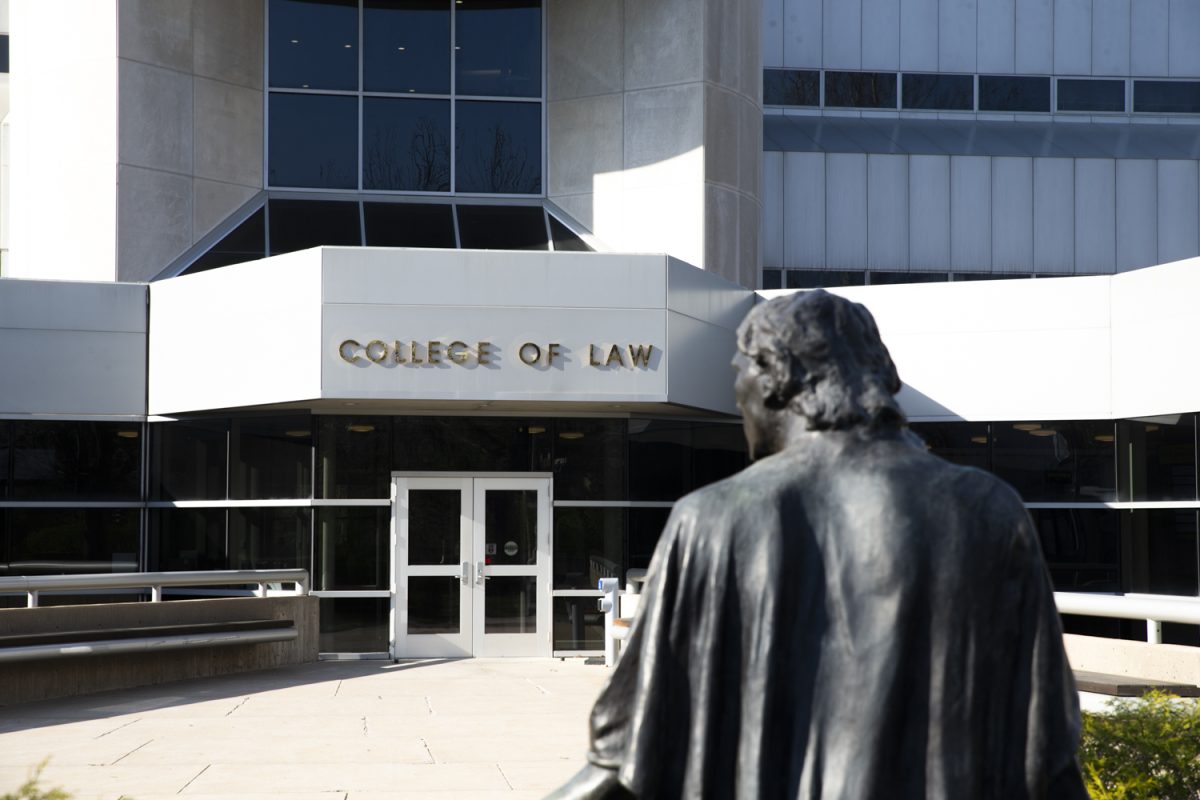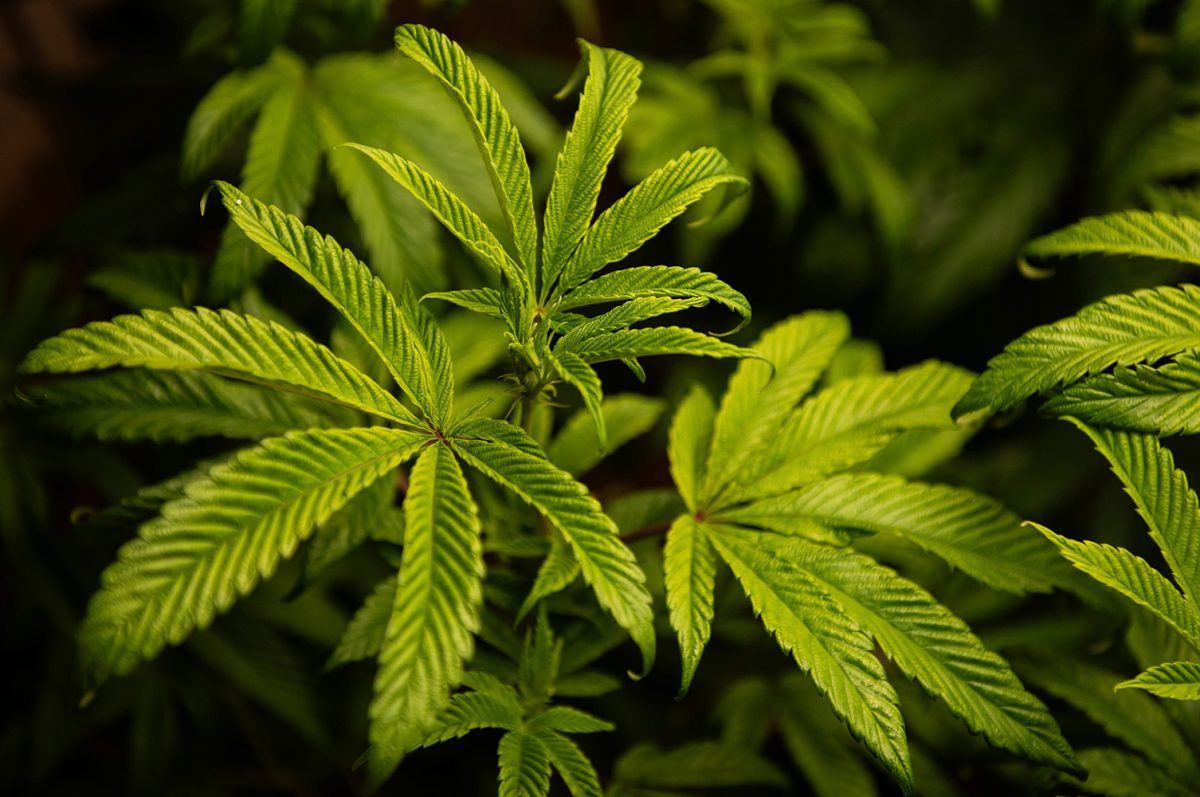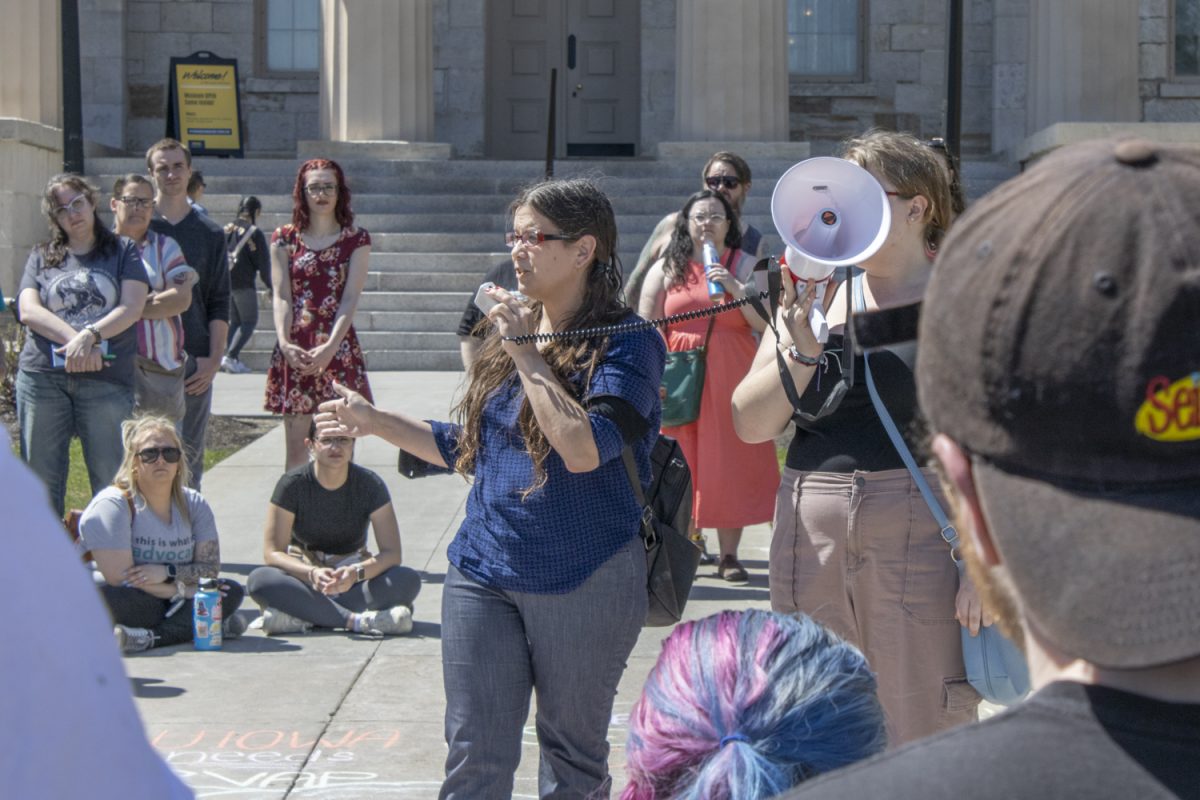The basis of a future anti-cancer drug could be found in a sponge from more than 1,600 feet under the sea and the bulb of an African flower.
Zhendong Jin, a University of Iowa associate professor of medicinal and natural products chemistry, replicates the anti-cancer compounds found in a Côte d’Ivoire and a sea sponge to, hopefully, find the most affective cancer drug available.
The compounds are much more potent then any drug on the market, which is why Jin and his team spend up to 72 hours a week developing ways to replicate the structure of the compounds found in nature.
“As chemists, we’re trying to solve a supply problem,” Jin said. “It’s difficult to isolate from nature; nature only gives us a tiny, tiny bit.”
Jin is forced to replicate the compounds because extracting the compounds for the flower is not cost-effective, while obtaining the sea sponge is difficult to begin with because of the depth at which it lives.
The team includes graduate students. Given the likelihood most experiments will fail, Jin said students must have true passion for science and build a “tough cookie” mentality to get through the long and hard days ahead.
“If you don’t like it, it’s hell,” Jin said. “It can be exceedingly frustrating, so you have to be mentally tough enough to overcome that frustration. By the time they receive their Ph.D.s, they may be a different person.”
Aashay Shah, a graduate student who has assisted Jin with his research for the past four years, said he appreciates how easy is to ask to help.
“I remember when my stuff wasn’t really working out when I was getting trained and rotating, he himself came to the lab and helped me,” Shah said. “And that’s not something you see from a lot of professors, especially from someone in such a senior position.”
Shah said Jin makes himself accessible to students almost 24/7 and will answer any calls from students regarding questions or frustrations they have in the lab.
“On the good days, it works, but on most days, it does not work,” Shah said. “Professor Jin is motivating enough to encourage us to get things done independently, but will never be like ‘I want the results, I want the results.’”
Not only does Jin make himself available to his students, but he frequently answers questions from others in the department.
“Even with the research in my laboratory, if we reach a point in our synthesis where we are having trouble getting something to work, I may tell my students, ‘Maybe we should go talk to Professor Jin,” said Robert Kerns, the division head of medicinal and natural products chemistry. “He is an outstanding synthetic chemist just by the way he looks at a molecule and thinks about how to break it apart and how it can be made.”
Jin has spent more than 10 years studying and synthesizing the cancer-fighting agents, and he hopes in a few years, he can begin testing the drugs made from these two compounds in human trials.
While he admits he wishes he had more time to spend with his 4-year-old daughter and visiting his family in Shanghai, China, Jin vows to keep researching until his funds run out.
“I don’t think I will cure cancer, but if I can put some effective drug on the market, then that would be wonderful,” Jin said. “For the people who have cancer, at least they know we work really hard for them. Even though we may be embarrassed, we still haven’t delivered the compound yet, I spend most of my time in the lab for them.”






